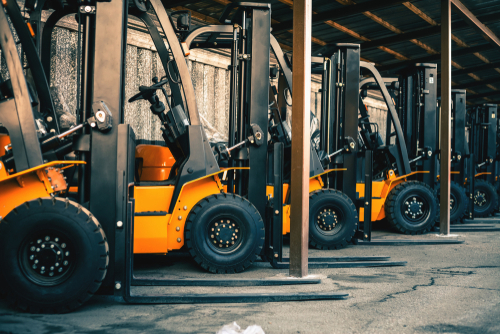Leased or Rented Equipment
 Like many organizations, your business may rent or lease equipment from time to time. You may be planning a special event and need a tent to accommodate 250 people as part of a business activity. Or, perhaps you are renting a sound system for a concert, or leasing office equipment such as your copier. These kinds of events create added risk to the organization.
Like many organizations, your business may rent or lease equipment from time to time. You may be planning a special event and need a tent to accommodate 250 people as part of a business activity. Or, perhaps you are renting a sound system for a concert, or leasing office equipment such as your copier. These kinds of events create added risk to the organization.
It is essential to have an understanding of who is responsible for the rented equipment and that your knowledge is consistent with the written agreement. Not all rental arrangements are the same. Some rental contracts will include property damage insurance as part of the rental fee. Other rental contracts may require the business to be responsible for all damage. And finally, some rental contracts may expect you to pay a deductible if there is damage. This can be very confusing especially if you are leasing or renting a high-value item.
There are many important things to remember when considering a rental agreement:
- Leasing companies come in many varieties, including banks, brokers, equipment specialists, independents, and companies of all sizes. Each has different levels of flexibility and requirements.
- Understand what the agreement says regarding repairs, maintenance, and upgrades. This applies more to long-term leases rather than short-term leases.
- It may be in your best interest to insure the equipment separately. It may be more cost effective depending on how the agreement is written.
- We offer a number of insurance options if you are involved in renting or leasing equipment. Coverage is available for a wide variety of property while, n your care, custody, and control:
- Property located on or off-premises
- Property in transit
- Equipment held on display in showrooms or at other exhibitions
- Generally, all risk of direct physical loss including earthquake
With our agency, you have the option to customize your coverage, limits, and deductibles. You may even select different deductibles for different coverages. The bottom line is when you are deciding to lease equipment, be certain you are aware of all costs involved in the transaction. Then, balance the costs against the benefits to make the appropriate choice for you and your organization.